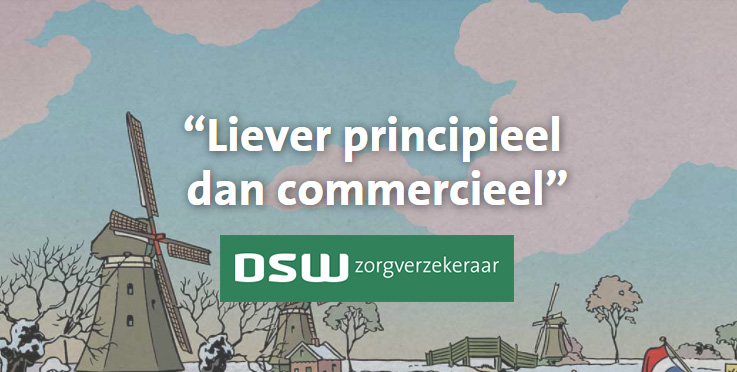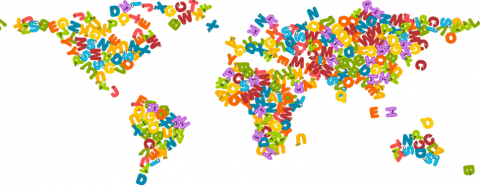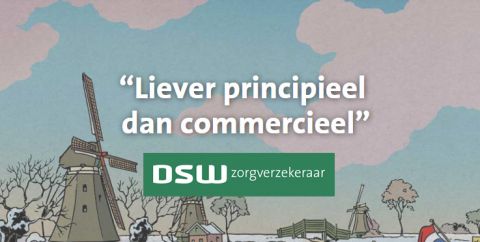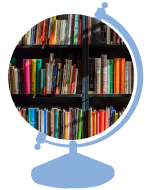Summaries per chapter with the 1st edition of Philosophy of Science and Logic by Van der Velde - Bundle
What is the relationship between psychology and science? - Chapter 1
Psychology differs from other sciences because it focuses on humans. This summary discusses the similarities between psychology and other sciences. There is no one-sided method for scientific research. For example, it is also different whether someone works as a psychologist in science or as a psychologist in a therapeutic setting.
Psychology differs from other sciences because the information from the research cannot be generalized to the same extent. It cannot be said that certain things 'will always go this way' because psychology depends on human behaviour. However, generalizing information is often used within psychology. This is linked to Watson's positivism.
How can logical reasoning be used in psychology? This is further explained in the summary, together with the problems associated with this method.
Is psychology reliable enough as a science?
Because of the replication crisis and fraud in psychological research, psychology is not always considered reliable. Results of psychological research are often described in significance with a level of 5%. An experimental condition is then compared with a control condition.
With a significance of 5% there is still a 5% chance that the discovered effect does not actually exist. The results will be submitted to a scientific journal. A peer review is then carried out. This is used to test the reliability. This can also be done by replication. In doing so, a study is repeated. This is very often not published or cited by other studies.
However, due to fraud during research, it is becoming increasingly important to look critically at the results. Research by Kahneman showed that 50-70% of the psychological tests could not be replicated. How can research be used when it cannot be replicated? It is therefore important to find out how you can use it.
When more statistical analyses are carried out, the chance of a false effect increases. This is because you have twice a 95% chance that no effect will be found. 1 - 0,95 x 0,95 = 0,10. This means that you then have a 10% chance of a false positive effect. It is therefore important that as few statistical analyses as possible are made during a study. This effect increases the more often it is done. It is therefore important not to search too much for a significant effect. An additional problem is that many scientific journals only report significant results.
Fraud is also a problem within psychological research. The best-known example is Stapel's research. It turned out that he had made up the results of various studies. All the checks had therefore not helped to bring this to light earlier. So, it is important to always be critical and to also investigate from falsification rather than verification.
How was the fabric built up?
All subjects in the fabric are related to each other. Logical Positivism will be discussed. Empiricism has played a role in this. This came about through Francis Bacon (1600) from the empirical model. It then changed via Locke (1700) to the Positivism of Auguste (1850). Eventually the Logical Positivism originated from this. This is based on verification. Later on, the subjects of falsification, post-positivism and the history of science will also be discussed.


















